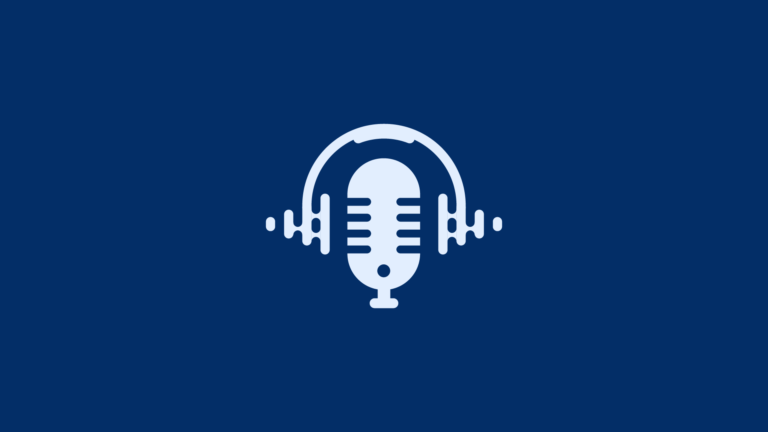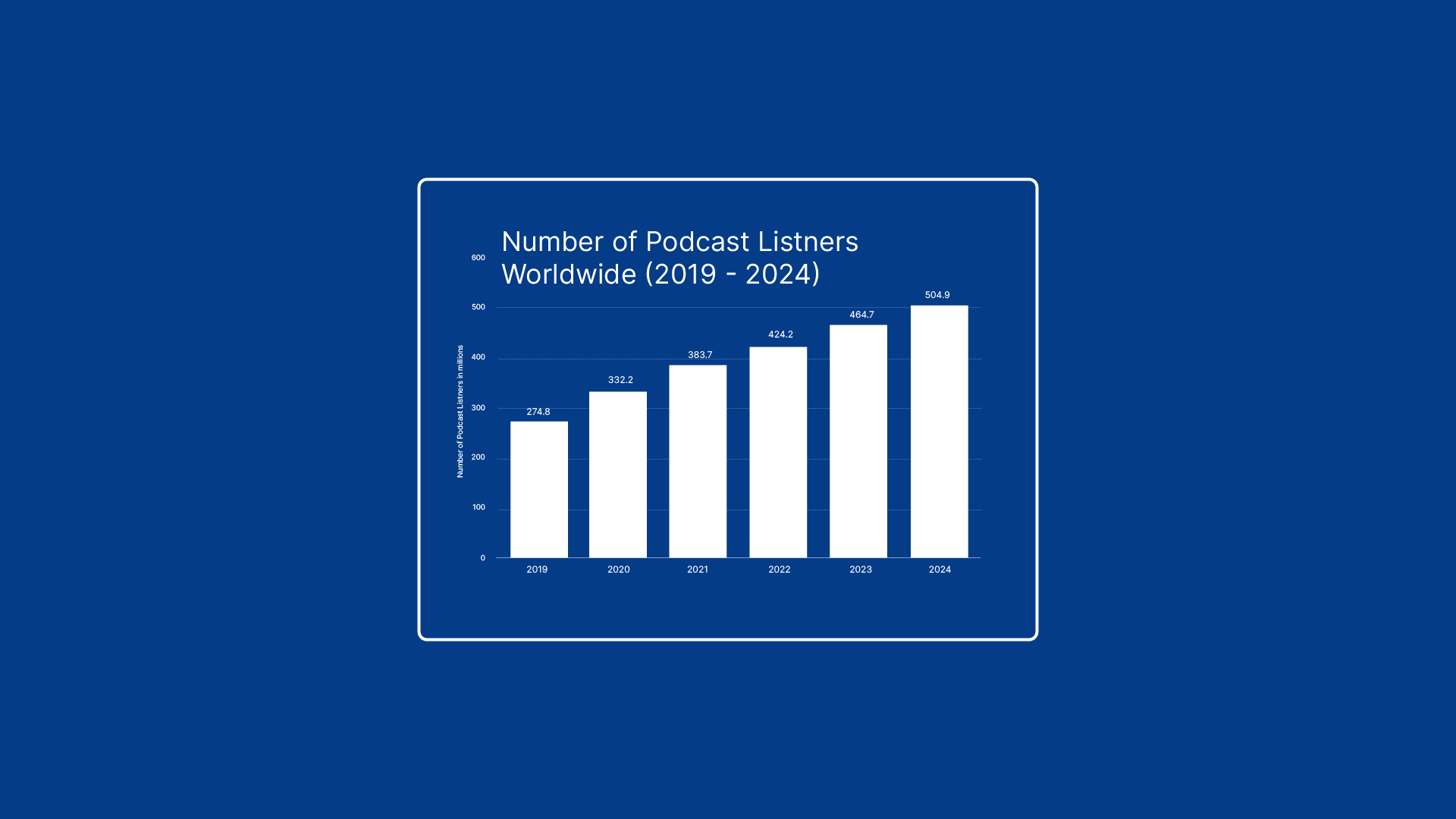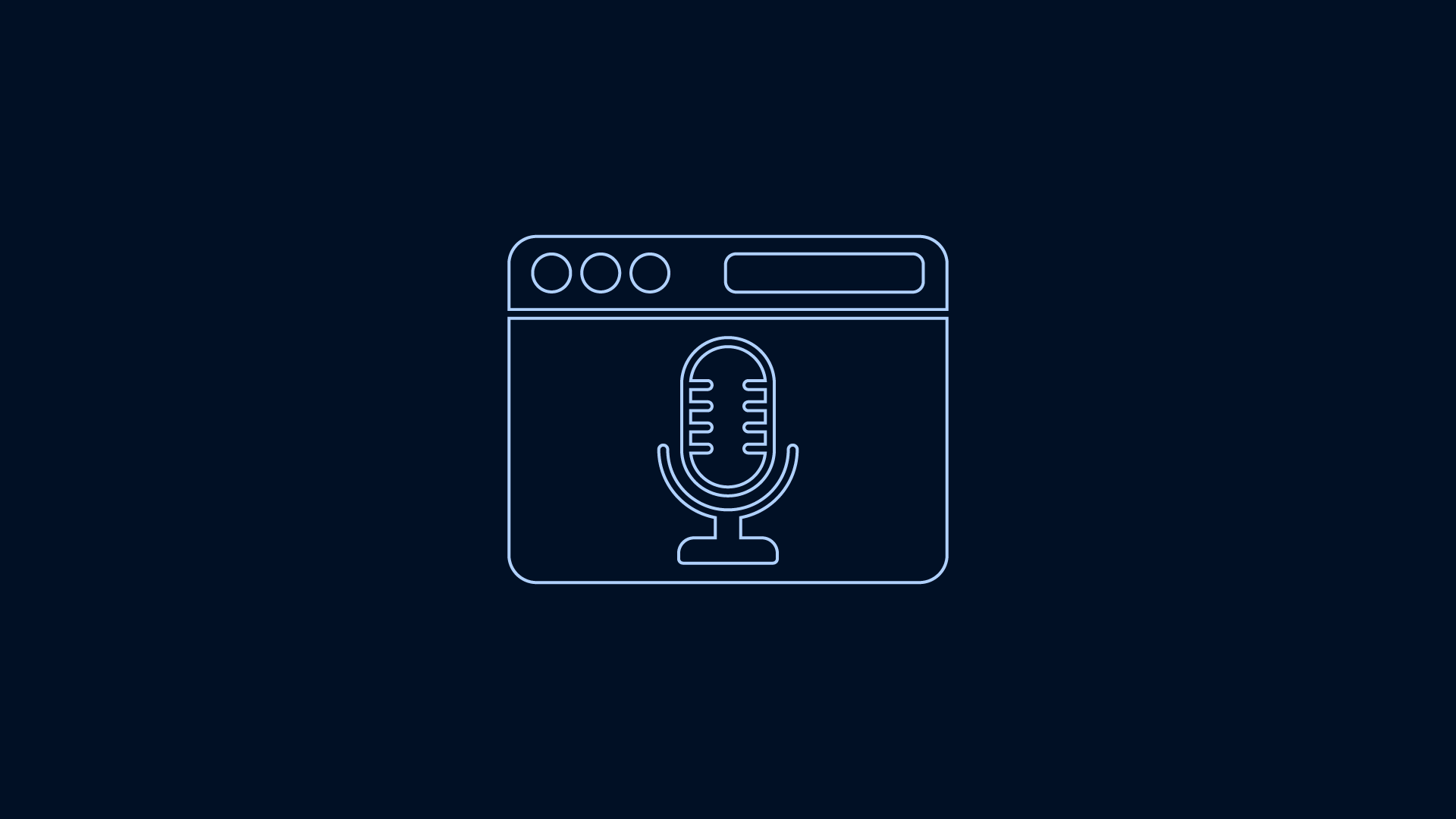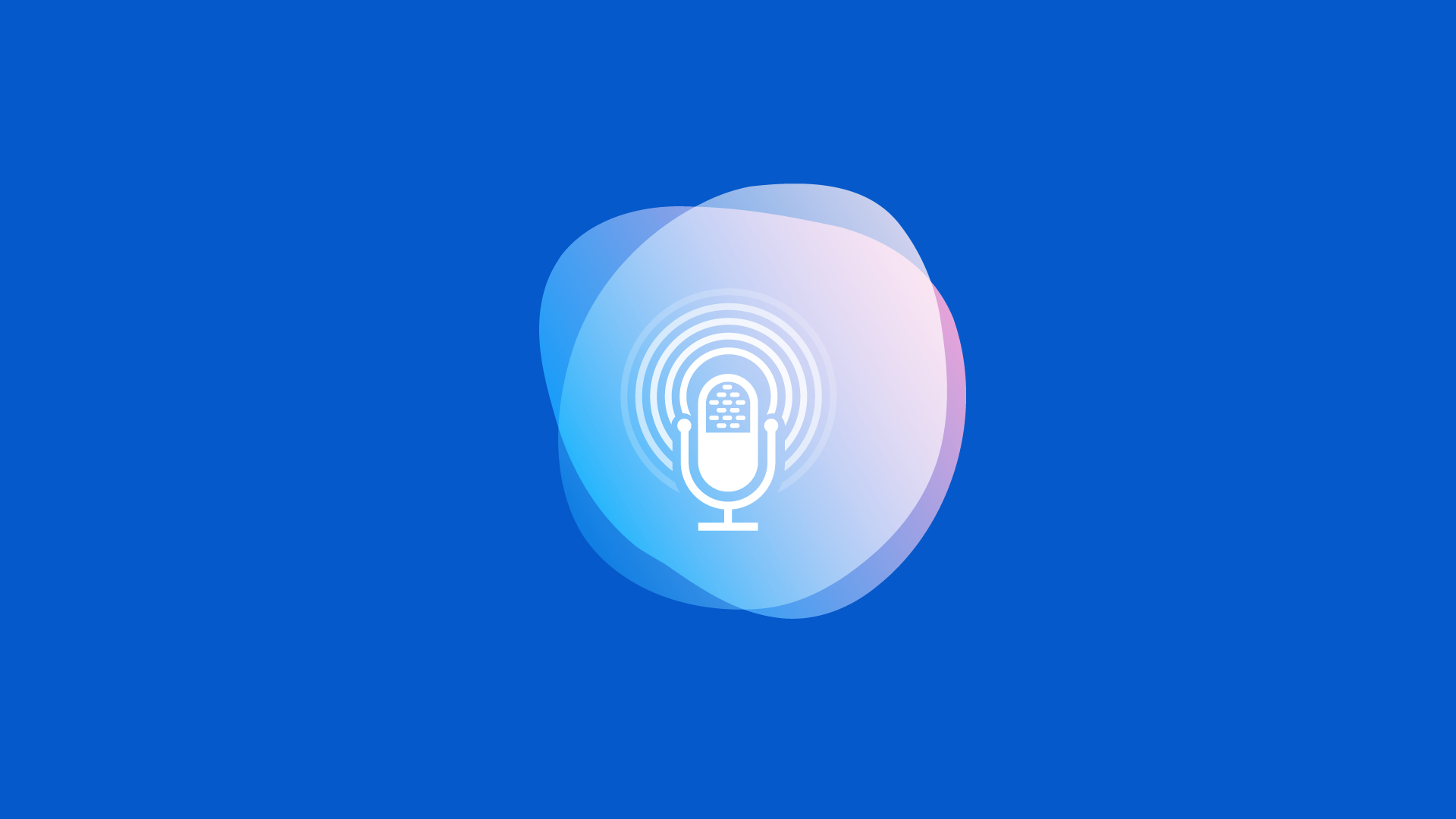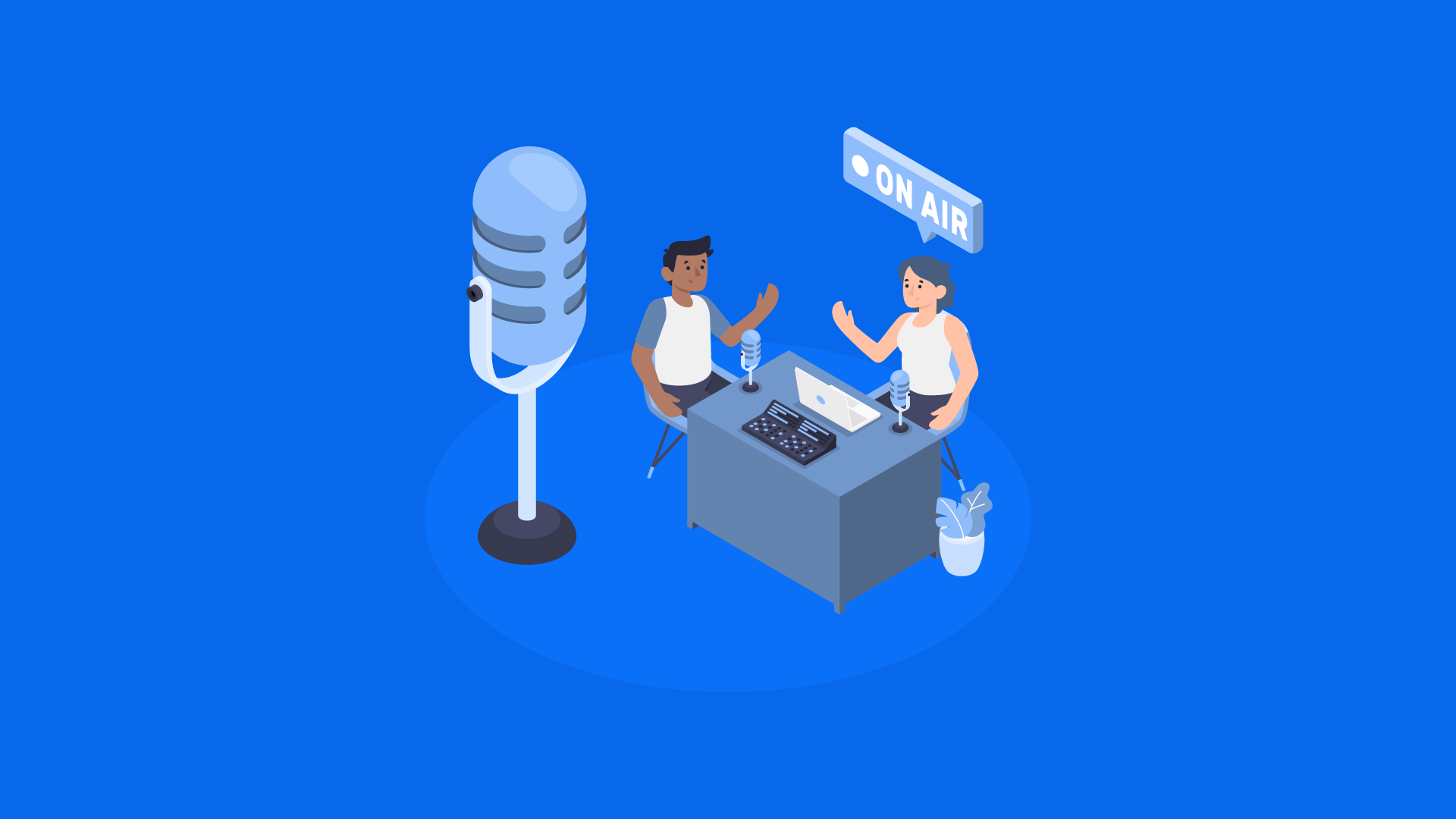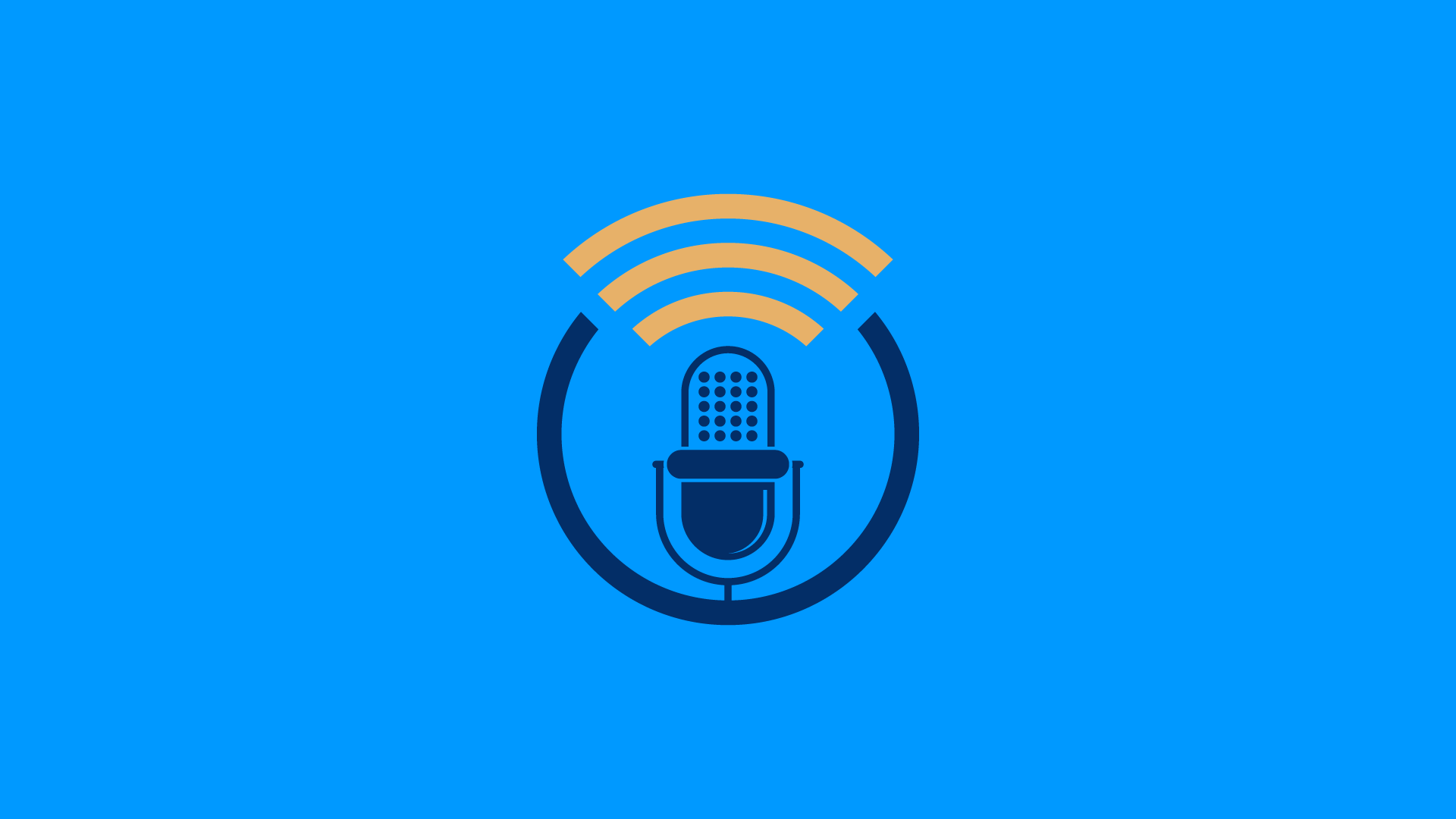|
Getting your Trinity Audio player ready...
|
Podcasting has become extremely popular over the last decade. Today, millions of Americans listen to podcasts every week. If you want to start a podcast, you should consider these 10- reasons why you should start a podcast in 2024.
There are many reasons why people start podcasts today. They range from personal to professional. Some people use it as a way to make money while others do it simply because they enjoy doing it. Whatever the reason, there are plenty of benefits to starting a podcast.
Today, podcasts are a great way to share information, educate, entertain, and connect with other people. They also provide a unique opportunity for businesses to reach their target audience. This article provides some of the reasons podcasting might be a good idea for you in today’s market.
Here are 10 reasons why you should start a podcast in 2024.
10 Reasons Why You Should Start a Podcast
Comping up with a podcast idea may be difficult at first. But once you have an idea, you can start creating your podcast.
These 10 reasons why you should start a podcast may motivate you.
1. Audio content is convenient for your audience
The rise of podcasts has been nothing short of meteoric. In fact, according to Oberlo, there are now over 424 million people who listen to podcasts, and the number is expected to reach 504.9 million in 2024. This represents a massive increase from 2019 when there were just 274.8 million listeners
In addition to being convenient for consumers, audio content is also very effective at capturing the attention of audiences.
As a marketer, what you’re trying to compete for is someone’s time. There is too much information out there, and too many things vying for your time. So, if you want to get people’s full undivided attention, you need to be able to stand out from the crowd. You need to be unique.
Podcasts are an excellent way to share information with others. You can record yourself talking about whatever topic you choose, then upload the file to a website where people can download it.
People who subscribe to your podcast will receive new episodes automatically whenever you post one. Your audience can easily find your podcasts through iTunes, Google Play Music, Stitcher, or any number of other services. Also, they can listen to podcasts while doing something else in their day.
2. Build an Audience for your Brand
A podcast is a great way to build an audience. You don’t have to spend thousands of dollars on advertising or hire expensive marketing agencies to promote your brand. Instead, you can use social media and word-of-mouth to spread the word about your podcast.
As your podcast audience grows in popularity and becomes well-known, people will start recommending it to friends and family. This is how you build a large following. Your followers will help you grow your audience even further.
Your audience will increase over time because they’ll want to listen to your show again and again. If they enjoy what they’re hearing, they’ll tell their friends about it. And eventually, they’ll become part of your tribe.
3. It’ Doesn’t Need a Big Investment to get started
If you want to start a podcast today, it’s possible to do so without spending thousands of dollars on expensive podcast equipment. There are only a handful of components needed to get started.
The first piece of equipment is a computer or laptop with an internet connection. As a content creator, you don’t even need to buy anything fancy, most laptops sold today include decent microphones built into the device. Audio quality doesn’t matter much when you get started people are usually welcoming when you first start a podcast.
Next up is software. This includes both free programs like Audacity and paid options such as Pro Tools. These allow you to edit audio files and record podcasts. You can also get things like a quality podcast microphone at a later stage for your podcast production.
Finally, you’ll need some sort of microphone stand. A tripod works well, though you could use something else if you prefer.
That’s it. What makes it even better is some of this equipment you might already have. Even when it comes to Podcast hosting you can opt for free podcast hosting options available in the market.
4. You Increase the value of your network you start a podcast
If you’re looking to grow your brand, there are several ways to do it. One way is to start a podcast. Podcasting isn’t just about having conversations with interesting people; it’s also about expanding your network.
Here are some reasons why your network value will increase.
You’ll build relationships with influencers. When you interview someone, you’re building a relationship with them. This is something that happens naturally when you spend time talking to someone. However, when you record a conversation, it becomes much easier to maintain those types of connections.
People like to listen to podcasts. In fact, according to Research, almost half of Americans say are podcast listeners and enjoy them. So if you want to connect with others, starting a podcast could be a good place to start. You can also build a pool of loyal listeners for your podcast.
Your listeners will appreciate the effort. Many people think that creating a podcast is hard work. But it doesn’t have to be. There are plenty of tools online that make it easy to create a quality podcast. And once you publish it, your listeners will appreciate the effort you put into making it happen.
You’ll find new opportunities. Once you begin reaching out to people, you’ll discover new opportunities.
When you interview people, you’ll notice that your tone changes depending on whom you’re speaking with. This is normal. But when you record a conversation and play it back later, you won’t have to worry about changing your tone.
5. When you Start a podcast you can make money
A podcast isn’t just about sharing interesting stories. It’s also about making money. And there are many different ways you can do it.
You don’t even have to start or develop a product. You can simply sell advertising space directly to companies. This way, you don’t have to worry about creating a product, finding guests, editing audio, etc. You can add affiliate links to products your ideal customer is interested in. There is a wide range of affiliate marketing programs available for you to choose from.
Another option is to offer sponsorship opportunities to brands. For example, if you run a podcast related to entrepreneurship, you could offer sponsored episodes to companies in your niche. These types of sponsorships allow you to reach a much larger audience than your regular listeners and give you the income you need to grow.
And finally, you can generate revenue from your podcast by selling merchandise. For example, if your podcast is centered around personal development, you might consider offering t-shirts with motivational sayings on them.
6. Position yourself as an authority in your niche
Sharing helpful advice consistently helps position you as an authority in the niche you’re in. For instance, if you’re a web developer, sharing tips about how to build a WordPress site could help you gain credibility within the WordPress community.
If you’re a fitness trainer, posting workout videos might help you become an influencer among fellow gymgoers. If you’re a writer, publishing articles related to topics like “How to Write a Book Proposal” or “How to Market Your Business Online” could help you establish yourself as an authority in those areas.
Hosting a podcast has a similarly positive impact on your career. People are increasingly turning to podcasts to learn about different industries, and many podcasters say that they’ve been able to use their success on the show to land speaking gigs and even jobs. A recent study found that people who listen to podcasts regularly tend to spend more money than others.
As you increase your authority in the niche you’re in, you attract other opportunities. For example, if you’re a fitness trainer and you start getting asked questions about nutrition, you’ll probably want to offer some sort of nutritional consultation. Or if you’re a web designer and you start getting requests to design logos for clients, you might decide to offer logo design services.
7. You can promote your brand or products
A podcast can be a great way to reach out to people who are interested in your niche and build relationships. They don’t necessarily know it, but they might be looking for information about your topic.
This could mean that they’re ready to buy something, or just curious enough to want to find out more. If you have a product or service to sell, a podcast can be a great marketing tool.
You can use your show to promote your own products and/or services. For example, you can mention these things in each episode, or simply tell your audience to visit your website to find out more about what you offer, or to purchase it.
8. Hearing your voice makes it more personal
When people hear your voice, it is incredibly personal. They can hear your excitement and your emotion. It can be difficult to communicate those things with written words, especially over text messaging.
But when someone listens to your voice, it is the closest way to having you right there beside them and having a conversation, even though you are thousands of miles away. And as your audience listens to more episodes, they begin to build a relationship with you. People will start to like you not just because of what you say, but because of how you say it.
9. Not a lot of effort is needed to keep doing it
There are a few podcasts out there that publish episodes regularly, and yes, it can be quite a lot of work. However, most shows publish an episode every week, sometimes even less, and that seems like the current norm.
The good news is that once you’ve got your podcast up and running, maintaining it isn’t nearly as time-consuming as many people might think it is. There are a few steps involved that make the process fairly straightforward.
First, plan the episode. This includes deciding what topics you want to cover, scheduling interviews, writing down questions, etc. Once you’ve planned the episode, record it. Then edit it. After that, you’ll need to create a page for the episode. Finally, just publish it. All of those steps combine to take around 3 hours of your time.
If you’re looking for some help with the technical aspects of podcasting, check out Podcasters’ Toolbox. They offer free training videos, templates, and plugins to help you get started.
10. It can be fun hosting a podcast
Podcasting is a great way to learn about topics that interest you, and it’s also a great way to meet people with similar interests. There are many different types of podcasts out there, including interviews, comedy, news, sports, music, etc., and each type has its unique appeal.
Hosting a podcast will allow you to express yourself through audio, which means you’ll be able to tell stories, sing songs, play games, and even interview friends and family members. As long as you keep your audience engaged, you’ll have a blast!
In Summary: Is Stating a Podcast Right for You?
If you’re looking to make some extra cash online, podcasts are a great option. They’re easy to produce, cost little to host, and don’t require a large investment of time or resources. But there are many different ways to monetize a podcast, including selling advertising, affiliate marketing, sponsorships, and merchandise.
The good news is that it doesn’t take long to start seeing success. In fact, according to Geektime, the average podcast earns between $500 to $900 per month for around 10,000 downloads per episode. However, it takes a lot of work to build up a loyal audience and gain trust with listeners. If you want to succeed, here are five things you need to know.
1. Create Quality Content
Your podcast needs to offer something unique and compelling. People aren’t interested in hearing someone talk about themselves or their life story. Instead, they want to hear how you solve problems, give advice, teach skills, or provide information.
2. Be Yourself
You might think that being yourself is a recipe for disaster, but it helps people connect with you. When you speak naturally, you sound like a real person, rather than a robot. Plus, people enjoy talking to genuine people.
3. Have Fun
Podcasting can be a serious business, so you have to keep things lighthearted. Don’t get too serious, because people will tune out if you do. Keep your tone casual, friendly, and conversational.
4. Focus On Your Audience
It’s important to understand what lot your target hard audience works, especially if your podcast has been before you experienced launch. For example, To keep you motivated, start to focus on podcasts and have fun. It will help you stay excited about what you do and create more engaging content.
5. Build Trust With Your Audience
People are willing to listen to you because they believe you care about them. The best way to establish trust is by providing value. This means offering helpful tips, giving honest feedback, sharing useful information, and answering questions.
And finally, to build a successful podcast make sure you choose the best podcast hosting platform to help you succeed when you start a podcast. This way you can have a way to distribute your podcast episodes. Some podcast hosts allow you to upload limited episodes for free.
